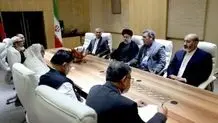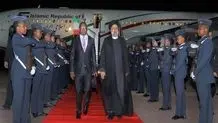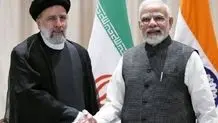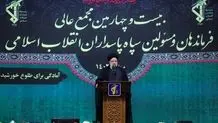Raeisi inaugurates Phase 11 of South Pars field
Iranian President Ebrahim Raeisi inaugurated Phase 11 of the South Pars Gas-Condensate field that was developed amid sanctions.
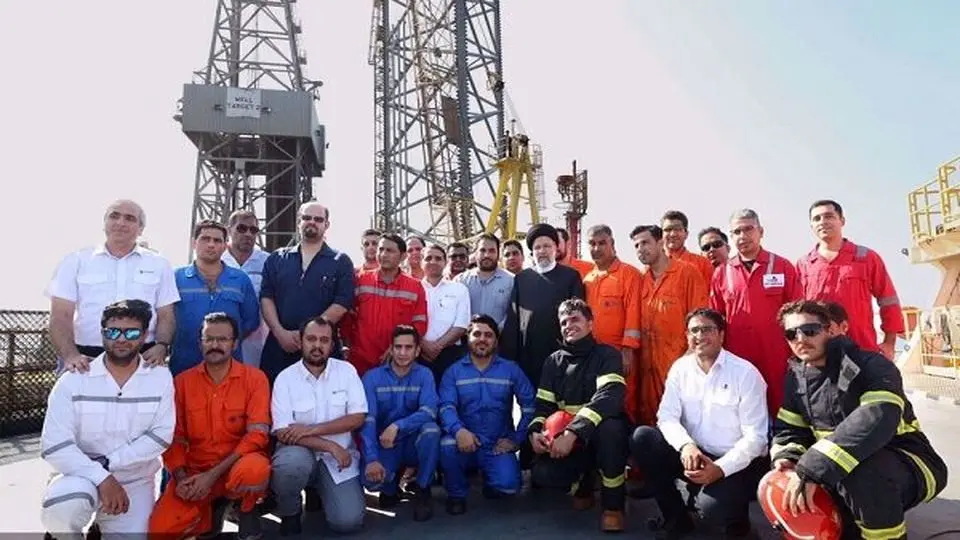
MEHR: Iranian President Ebrahim Raeisi inaugurated Phase 11 of the South Pars Gas-Condensate field that was developed amid sanctions.
During a Monday visit to Asaluyeh port in the southern Bushehr Province, Raeisi opened the project and met with local people as well as oil industry managers and experts.
Speaking at the inauguration ceremony on Monday, the Iranian president cited that the volume of gas production in South Pars Phase 11 will increase up to 50 million cubic meters.
Iran is proud that there is no place for foreign consultants in its oil industry complex, Raeisi cited.
Referring to his recent visit to Johannesburg, the Iranian president stressed that the South African officials have asked to use Iranian expertise to upgrade their refineries. "We have the ability to transfer knowledge and export technology and knowledge to other countries. It generates power for us," he underlined.
South Pars Phase 11 will initially produce 15 million cubic meters of gas per day before raising recovery to 56 million cubic meters of gas, 50,000 barrels of gas condensate, and 750 metric tons of sulfur per day.
The gas from South Pars Phase 11 will be transferred to the onshore refinery of Phase 12, where it will be processed and injected into the national gas network.
CEO of the National Iranian Oil Company (NIOC) Mohsen Khojasteh Mehr said South Pars Phase 11 will have 24 wells and generate an annual income of $5 billion once its development is completed.
“The development of South Pars Phase 11 is one of the NIOC’s most strategic and important plans and projects, which came to fruition in the current government after a 20-years delay,” he added.
France's Total and China National Petroleum Corp (CNPC) withdrew from the consortium on developing South Pars Phase 11 due to US sanctions, leaving Iran’s state-run Petropars company in total control.
Petropars started work on the project by relying on the capabilities of Iranian experts.

